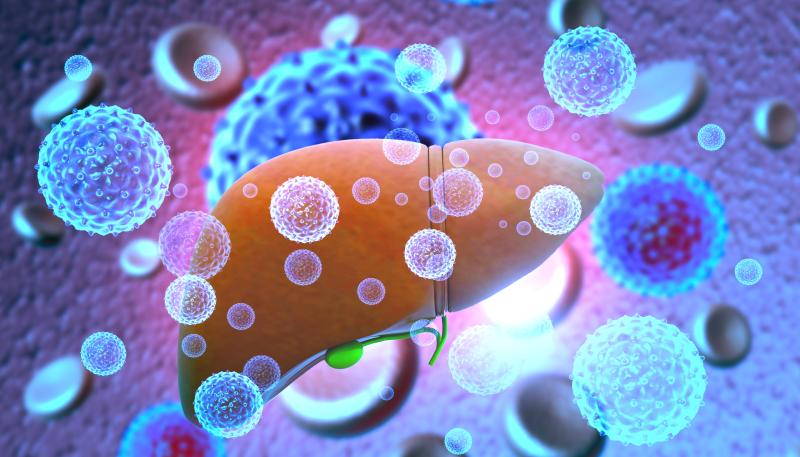
No significant difference is seen between entecavir and tenofovir disoproxil fumarate (TDF) in terms of their effectiveness for preventing hepatocellular carcinoma (HCC) in patients with chronic hepatitis B (CHB), according to a recent study.
Of the 5,537 eligible patients who were observed for HCC occurrence until 23 December 2018, 4,837 received entecavir and 700 received TDF. Patients in the TDF group were significantly younger and had generally less advanced diseases.
Unadjusted analysis revealed an association between TDF and a reduced HCC risk (subdistribution hazard ratio [SHR], 0.45, 95 percent confidence interval [CI], 0.26–0.79; p=0.005). In multivariable analysis, however, such association no longer existed (SHR, 0.81, 95 percent CI, 0.42–1.56; p=0.52) after adjustment for age, sex, country, albumin, platelet, α-fetoprotein, cirrhosis, and diabetes mellitus.
In the propensity score matching (PSM) analysis (n=1,040), no differences in HCC incidences (p=0.51) were found between the two cohorts. There was also no association between regimens and HCC risk in the multivariable-adjusted analysis (adjusted SHR, 0.89, 95 percent CI, 0.41–1.92; p=0.77).
In this retrospective cohort study, the investigators analysed an international consortium encompassing 19 centres from six countries or regions composed of previously untreated CHB patients then treated with either entecavir or TDF monotherapy. Patients who developed HCC prior to antiviral treatment or within 1 year of therapy were excluded.
Competing-risk survival regression was used to assess the association between the antiviral regimens and HCC risk. A PSM was also applied to balance 1:1 the two treatment cohorts.